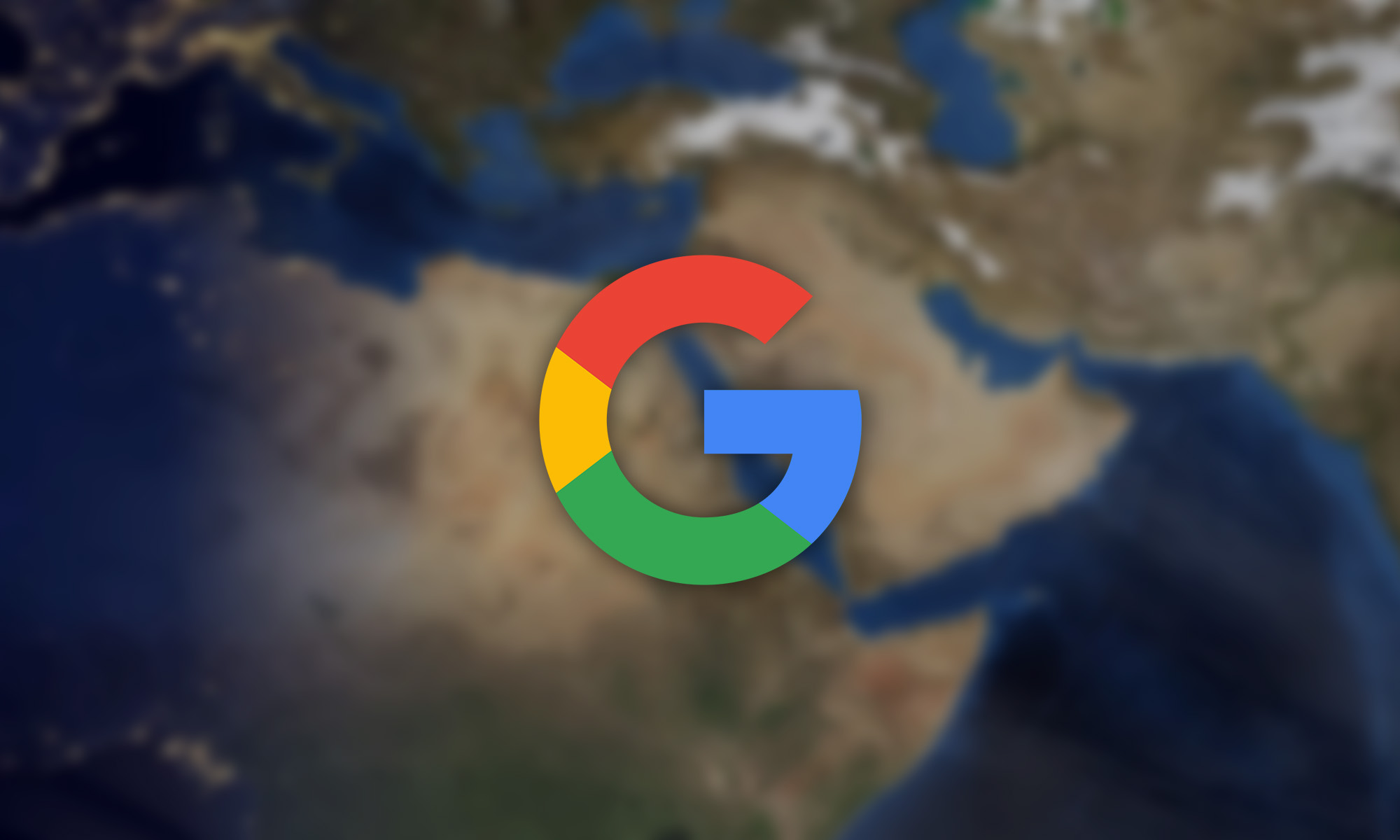News
Google Contributed Billions To The Middle East Economy In 2021
Google contributed over $3 billion to the economy in both the UAE and Saudi Arabia in 2021 alone.

For better or worse, Google is at the heart of the modern internet. Services like Google Search, Gmail, YouTube, Google Maps, and Google Drive are used by billions of people around the world, helping them find useful information, establish an online presence, and accomplish their goals, among many other things.
Interested to see how much value it contributes to the Middle East economy, the tech giant commissioned independent consultancy Public First to explore how Google’s products helped people, businesses, and workers, and the findings are astonishing: Google contributed over $3 billion to the economy in both the UAE and Saudi Arabia in 2021 alone.
To be more precise, Google helped support an estimated 12.2 billion SAR (or $3.25 billion) in economic activity in Saudi Arabia and AED 11.3 billion (or $3.08 billion) in the UAE.
In both countries, e-commerce played a vital role in Google’s contributions. Before the COVID-19 pandemic, people across the Middle East were fairly reluctant to shop online. Since the first wave of pandemic lockdowns restricted access to physical stores, e-commerce penetration more than doubled both in Saudi Arabia (from 5% to 10%) and the UAE (from 5.6% to 12.1%).
Other drivers of Google’s contributions include the company’s huge developer ecosystem or the various content creators it helped propel to stardom, such as the Iraqi creator known as Chef Shaheen, whose YouTube channel has around 2.4 million subscribers.
Also Read: How To Find Remote-Only Tech Jobs In 2023
“We see from the numbers that the content creator economy is growing massively…same thing for developers,” says Anthony Nakache, Google’s Managing Director in the Middle East and North Africa. “All signs are showing that there is a growth in the [digital] economy — all components are actually growing.”
On the flip side, any economy that becomes largely dependent on a single company can find itself in an unpleasant situation if the company stops being able to deliver its services, just like when the massive Facebook outage shook the internet in 2021.
News
Alienware Just Announced Six New Gaming Monitors
The new models include three QD-OLED and three budget-friendly QHD options, expanding the company’s lineup for all gamers.

Alienware has just updated its gaming monitor lineup with six new additions, including the highly anticipated Alienware 27 4K QD-OLED Monitor. The latest wave of releases is set to reach more gamers than ever, offering high-end QD-OLED displays alongside more budget-friendly options.
The latest displays clearly show that the company is doubling down on QD-OLED with three new models sporting the technology. A redesigned Alienware 34 Ultra-Wide QD-OLED Monitor is also making a return, further refining what is already a fan-favorite display.
A Unified Design: The AW30 Aesthetic
All six monitors feature Alienware’s new AW30 design language, first introduced at CES. The AW30 aesthetic brings a futuristic, minimalist look that unites the entire lineup under a cohesive visual identity.
Pushing QD-OLED Even Further
The refreshed Alienware 34 Ultra-Wide QD-OLED Monitor (AW3425DW) builds on its predecessor’s success with a 240Hz refresh rate (up from 175Hz) and HDMI 2.1 FRL support. It also gains G-SYNC Compatible certification alongside AMD FreeSync Premium Pro and VESA AdaptiveSync, ensuring ultra-smooth performance. With a WQHD (3440×1440) resolution and an 1800R curve, this display enhances immersion for both gaming and cinematic experiences.
For those who crave speed, the Alienware 27 280Hz QD-OLED Monitor (AW2725D) pairs a high refresh rate with QHD resolution, balancing sharp visuals with ultra-smooth gameplay. Meanwhile, the Alienware 27 4K QD-OLED Monitor (AW2725Q) delivers stunning clarity with an industry-leading pixel density of 166 PPI, making it the sharpest OLED or QD-OLED monitor available.
Also Read: Infinite Reality Acquires Napster In $207 Million Deal
Worried about OLED burn-in? Alienware’s entire QD-OLED lineup comes with a three-year limited warranty covering burn-in concerns, offering peace of mind for gamers investing in these high-end displays.
Bringing QHD To A Wider Audience
Alongside QD-OLED, Alienware is also releasing three new QHD gaming monitors aimed at more price-conscious gamers. The Alienware 34 Gaming Monitor (AW3425DWM), Alienware 32 Gaming Monitor (AW3225DM), and Alienware 27 Gaming Monitor (AW2725DM) provide a range of sizes and formats to suit different preferences:
- The Alienware 34 Gaming Monitor (AW3425DWM): An ultrawide (WQHD) option for a panoramic, immersive experience.
- The Alienware 32 Gaming Monitor (AW3225DM): A standard 16:9 panel for a traditional but expansive desktop setup.
- The Alienware 27 Gaming Monitor (AW2725DM): A 27” display offering the same performance in a more compact form factor.
All three gaming monitors feature a fast 180 Hz refresh rate, a 1ms gray-to-gray response time, and support for NVIDIA G-SYNC, AMD FreeSync, and VESA AdaptiveSync to eliminate screen tearing. Additionally, with 95% DCI-P3 color coverage and VESA DisplayHDR400 certification, these displays deliver vibrant colors and high dynamic range for lifelike visuals.
-

 News3 weeks ago
News3 weeks agoRipple Gains DFSA License To Offer Crypto Payments In Dubai
-

 News2 weeks ago
News2 weeks agoAre You Ready For Hong Kong’s InnoEX & Electronics Fair?
-

 News2 weeks ago
News2 weeks agoWizz Air Abu Dhabi Adds Beirut Flights Amid Tourism Revival
-

 News2 weeks ago
News2 weeks agoProtecting Your WhatsApp Account From Hackers: Kaspersky Expert Tips




















